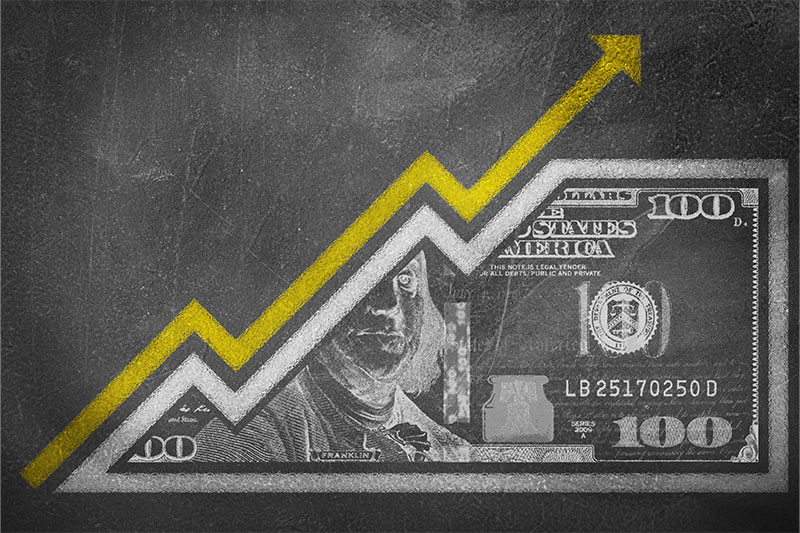Understanding Mortgage Rates: What Factors Affect Your Mortgage Interest Rate?
Why Understanding Mortgage Rates is Important
As you’re likely aware, your mortgage interest rate has a significant impact on the total cost of your loan. Even a small difference in your interest rate can result in thousands of dollars in additional interest over the life of your loan. Therefore, it’s essential to understand the various factors that can impact your mortgage rate and how you can ensure that you get the best possible rate.
Economic Factors: How Inflation and the State of the Economy Impact Mortgage Rates
Several economic factors impact mortgage rates. One of the most significant is inflation. When inflation rises, so do mortgage rates. This is because lenders want to ensure that the interest rate they charge will cover the loss of purchasing power caused by inflation. Therefore, if you’re considering purchasing a home when inflation is on the rise, you may want to act quickly to secure a low-interest rate before rates increase.
Another economic factor that can impact mortgage rates is the state of the economy. When the economy is performing well, demand for loans tends to increase, which can drive up interest rates. Conversely, when the economy is struggling, lenders may lower interest rates to encourage borrowing and stimulate economic growth. Therefore, it’s essential to keep an eye on economic indicators, such as unemployment rates and GDP, to understand how they may impact mortgage rates.
Borrower-Specific Factors: The Importance of Credit Scores and Down Payments
In addition to economic factors, several borrower-specific factors can impact your mortgage rate. Your credit score is one of the most significant of these factors. Lenders use credit scores to assess how risky it is to lend to you. Generally, borrowers with higher credit scores are viewed as lower-risk and are therefore offered lower interest rates. Conversely, borrowers with lower credit scores may be viewed as higher-risk and offered higher interest rates or may not qualify for a mortgage at all.
The amount of your down payment can also impact your mortgage rate. Lenders prefer borrowers who can make larger down payments, as it demonstrates their ability to save and manage their finances responsibly. Additionally, a larger down payment reduces the lender’s risk by reducing the loan-to-value ratio, which can result in a lower interest rate.
Other Factors: Property Type, Location, Mortgage Type, and Fees
Several other factors can impact your mortgage rate, including the type of property you’re purchasing and its location. Lenders may view certain types of properties, such as condominiums, as riskier to lend on and, therefore, may charge higher interest rates. Similarly, homes in certain neighborhoods or regions may be viewed as higher-risk and result in higher interest rates.
The type of mortgage you choose can also impact your interest rate. Fixed-rate mortgages generally have higher interest rates than adjustable-rate mortgages. However, fixed-rate mortgages provide stability and predictability, which may be worth the higher rate for some borrowers. Additionally, the number of points and fees associated with your mortgage can impact your interest rate. Points are upfront fees paid to lenders in exchange for a lower interest rate. The more points you pay, the lower your interest rate will be. However, paying points can increase your upfront costs, so it’s essential to consider the trade-off between upfront costs and long-term savings carefully.
How to Get the Best Possible Mortgage Rate
In summary, several factors impact your mortgage interest rate. While some factors, such as the state of the economy, are outside of your control, there are steps you can take to ensure that you get the best possible rate. Maintaining a good credit score, making a larger down payment, and shopping around for the best possible mortgage are all steps you can take to ensure that you get the best possible rate for your unique situation. By understanding the factors that impact mortgage rates, you’ll be better equipped to make an informed decision about your mortgage and save thousands of dollars over the life of your loan.

